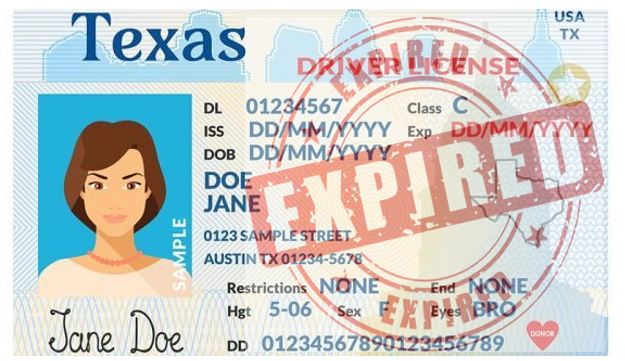ANOTHER Reason Wills are Cruddy: Testamentary Trusts Yep, I’m here to bash on New York Probate and Wills again, so if you love large legal fees, Court intervention and long waits for unnecessarily complex services, you may want to start watching your favorite rerun of Better Call Saul now. What would you say if I told you that after going through the many annoyances of Probate you may still be stuck working with the Court for another 20+ years? I’m guessing the words would be colorful, like the post credits scene of that night in college you tried Jello shots. Yes, when you use a Will to protect assets you transfer to other friends and family members, your



















